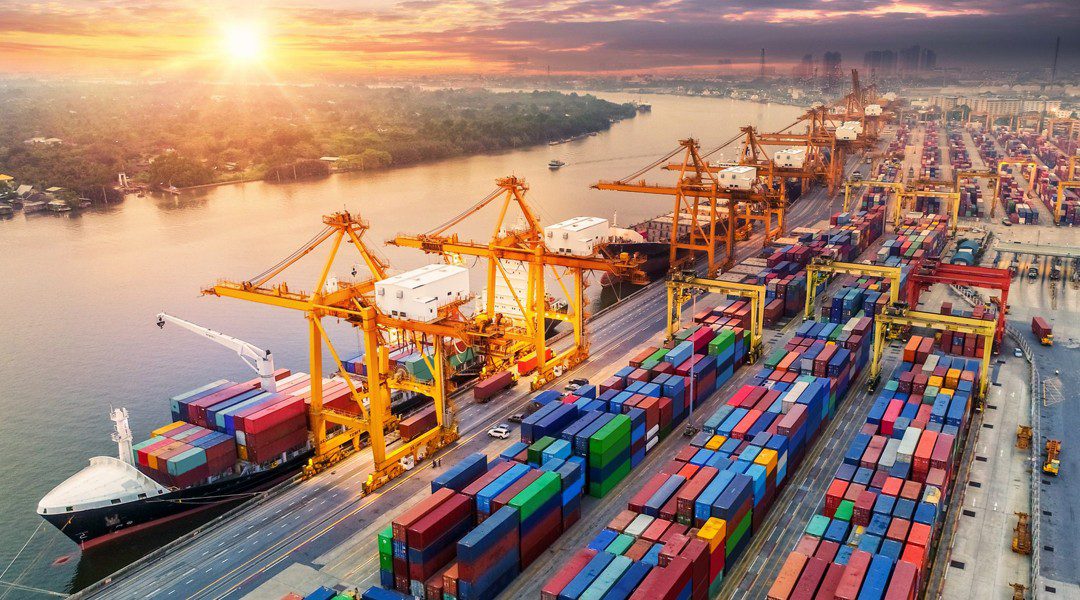The European Union’s sixth package of sanctions against Russia, approved on Thursday 2nd, included an immediate ban on new insurance contracts for ships carrying Russian oil. Existing contracts are to be phased out over six months, an EU official said. “The six months are counted from the entry into force of the sanctions package, and it is only for existing contracts. New contracts are prohibited immediately,” the official said.
New York-based tanker brokers Poten & Partners has estimated that all of the sanctions, including the insurance ban, could see Russia cut its exports from the Black Sea and the Baltic by 50%.
If an insurance ban takes most of the international tanker fleet out the equation, Russia, China and India will have to use domestically owned or controlled tonnage to move the crude, said Poten in its latest weekly report.
For the Baltic exports Poten estimated that a fleet of 20 aframaxes for lightering and 23 VLCCs would be needed to move 500,000 barrels per day to China, while 31 suezmaxes would be needed to move a similar volume to India. For the exports from the Black Sea the requirement would be for 10 aframaxes, 20 to 25 VLCCs and 20 suezmaxes.
Poten said that “finding these vessels and arranging insurance for them outside the EU and UK markets could be very challenging”.
Any vessels that did become involved could subsequently find it hard to obtain regular international oil trade business.
Greek shipowners have been among the top movers of Russian cargoes since the Russian invasion of Ukraine on February 24th, although, given Greek shipowners’ general dominance in this field in normal times, this should not be a surprise.
In 2012 an EU oil embargo on Iran prohibited EU insurers from covering Iranian oil exports anywhere in the world. That served to reduce Iranian exports oil exports by up to 30%, said Poten. But in the Iranian case, China and India were onboard.
The other approved EU measures last Thursday will forbid the purchase of crude oil from Russia delivered to member states by sea in six months and refined petroleum products in eight months.
The sanctions package will also see Russia’s biggest bank, Sberbank, cut off the international payments system SWIFT. The same restriction also targets Credit Bank of Moscow and the Russian Agricultural Bank.
EU leaders also made it clear last week that there was no immediate prospect for the imposition of sanctions on Russia’s exports of natural gas, an area where some of the bigger hitters in the EU are vulnerable.Belgian Prime Minister Alexander De Croo said that the package was “a big step forward, we should pause it right now”. He said that a gas embargo would be “way more complicated.”






